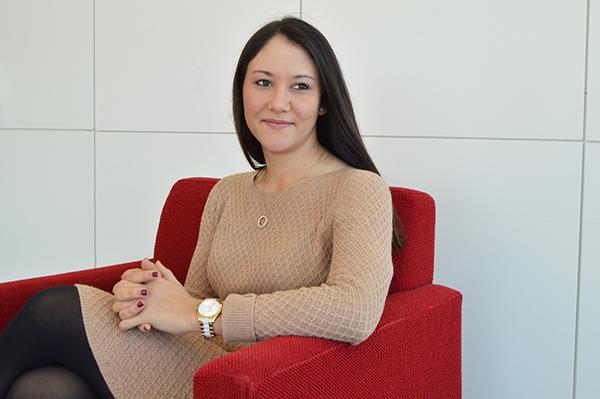A new Student Association proposal could prevent members of student organizations from voting on their own funding.
A committee that reviewed the SA’s financial procedures presented a final report to the SA last week with a plan to limit conflicts of interest.
The proposal would require senators to recuse themselves from a finance vote if they are either an “officer or previous officer of an organization” or if that person has “a clear conflict of interest.” Members of the committee said the change would reassure students who worry they would receive more funding for their organization if a member were on the finance committee.
Sen. Rayhaan Merani, U-at-Large, who served as chairman on the review committee, said he hopes the new bylaw will help the finance committee ensure that money can go to the right place and can avoid instances of budget allocations based on name recognition, which some senators said occurred last year.
Former SA President Nick Gumas vetoed the budget in April after the SA finance committee denied funding for 56 student organizations. About 80 student organizations ultimately saw a decrease in funding from the year before, after the senate overturned Gumas’ veto in an emergency session.
“We want to make sure that there is some fairness between the larger and the smaller orgs,” Merani said.
Merani said last year the finance committee allocated the College Republicans about $30,000, even though the College Republicans provided few descriptions for their line items or budget items. Students Against Sexual Assault members started an online fundraising campaign last year after their funding was cut, and administrators introduced a GW-run crowdfunding platform for five student groups last semester.
“There were organizations who really toiled with their budget and who really put in the work and who really had the best budget that had seven or eight pages with perfect descriptions,” Merani said. “But they only got $7,000 to $8,000 because they didn’t have the same name recognition as the College Republicans did.”
In December, the SA created a new committee to reform the financial bylaws and introduce a new model for funding student groups to transfer more money from the initial allocation process into the co-sponsorship pool. This will allow for more organizations to have access to funds throughout the year, Merani said.
SA President Andie Dowd said the resolution will quell concerns that groups will receive a smaller allocation if they do not have a member on the finance committee voting on the financial decisions. Still, she said she believes conflicts of interest have not historically been a problem.
“I definitely think it’s a good recommendation. Especially when you have organizations without members in the SA, they might not think everyone has a fair chance. It shouldn’t depend on who you know on the finance committee and that’s something that could be started as a rumor,” she said.
Sen. Nick Watkins, CCAS-U, who is a member of the finance committee, said the introduction of the conflict of interest is important to increasing equity among all student organizations, an idea with which other finance committee members agreed.
“Strengthening the language regarding conflicts of interest is just one of the many ways we’re attempting to level the playing field for all organizations on campus,” he said.







